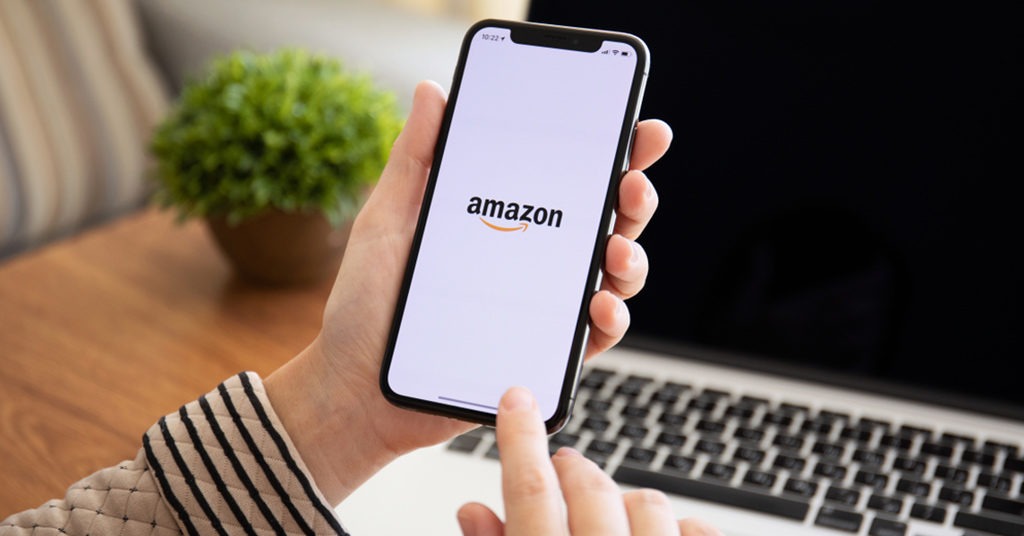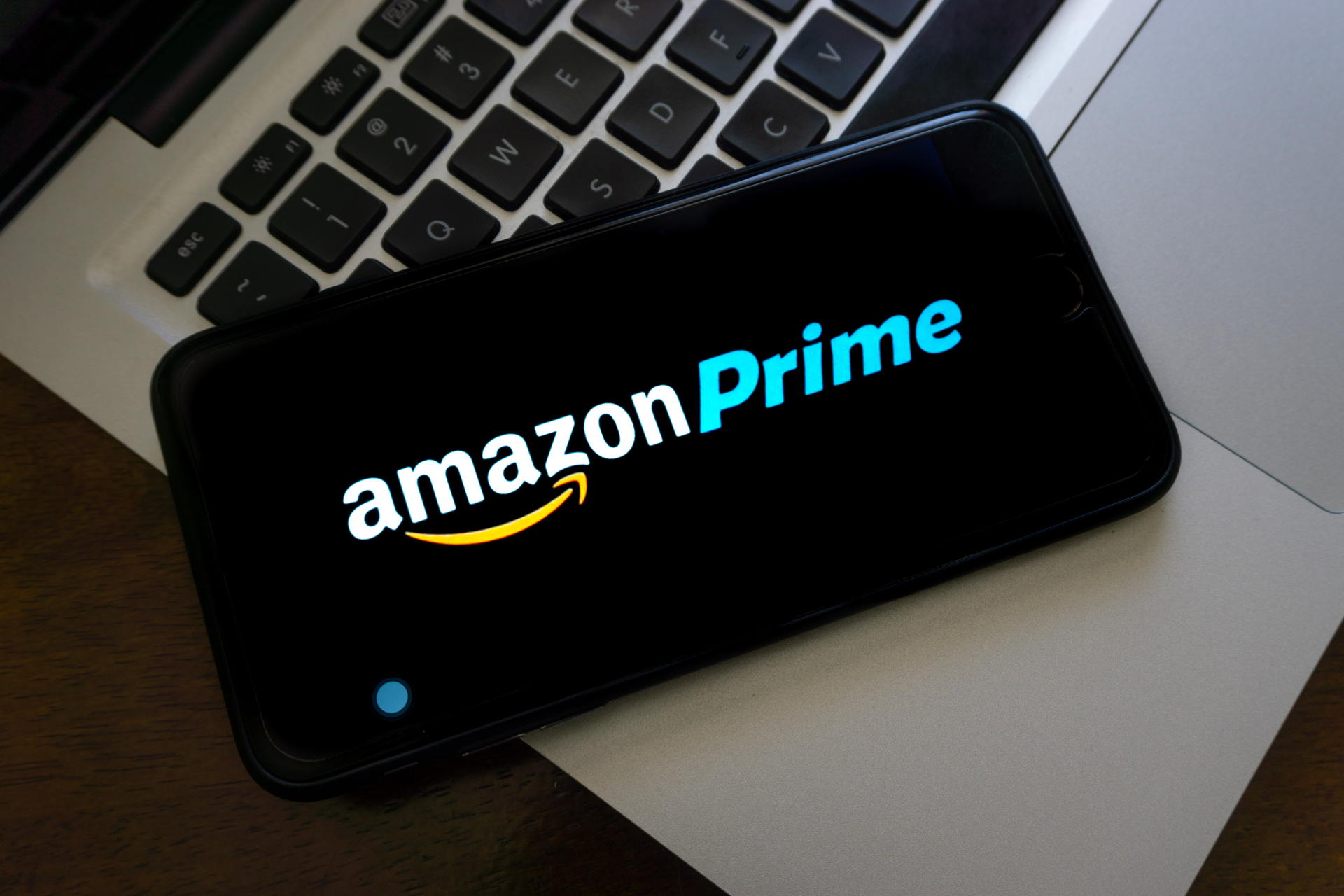

Such power amounted to an economic and social threat because a single company could decide who succeeded in business and who failed, according to Miller.Īmazon’s business model has largely eluded any antitrust claims because it has driven prices down - a net good for the consumers, said Lina Khan, an academic fellow at Columbia Law School and critic of Amazon, in a 2017 Yale Law Journal article. Department of Justice.Īt that time, American farmers, businessmen and consumers were shut out of transporting goods across rail lines because railroad companies privileged their own cars over others and charged exorbitant rates for competitors. This relationship between Amazon and its third-party sellers has drawn comparisons to the railroad monopolies of the late 19th century, said Sam Miller, an adjunct professor at UC Hastings Law in San Francisco and a former attorney with the Antitrust Division of the U.S. Sellers can lose tens of thousands in sales over just a few days out of business. “Sellers were caught off guard without an immediate strategy to survive,” said Chris McCabe, a third-party Amazon seller consultant and former Amazon employee.


Amazon having issues how to#
The news lit up Facebook and Telegram groups where third-party Amazon businesses convene to share news and tips on how to make it on the competitive selling platform. The company was so overwhelmed with orders that for a month it prioritized essential items such as medical supplies and household goods at its warehouse, pausing new shipments of nonessential items like furniture and toys. “If you’re a shareowner in Amazon, you may want to take a seat, because we’re not thinking small,” Amazon CEO Jeff Bezos said in a statement.Īmazon’s aggressive growth over the last several weeks has only underscored ongoing debates about the company’s size and influence.Īs the reality of a pandemic sunk in, customers flocked to Amazon, buying out essentials including face masks, gloves and toilet paper.


 0 kommentar(er)
0 kommentar(er)
